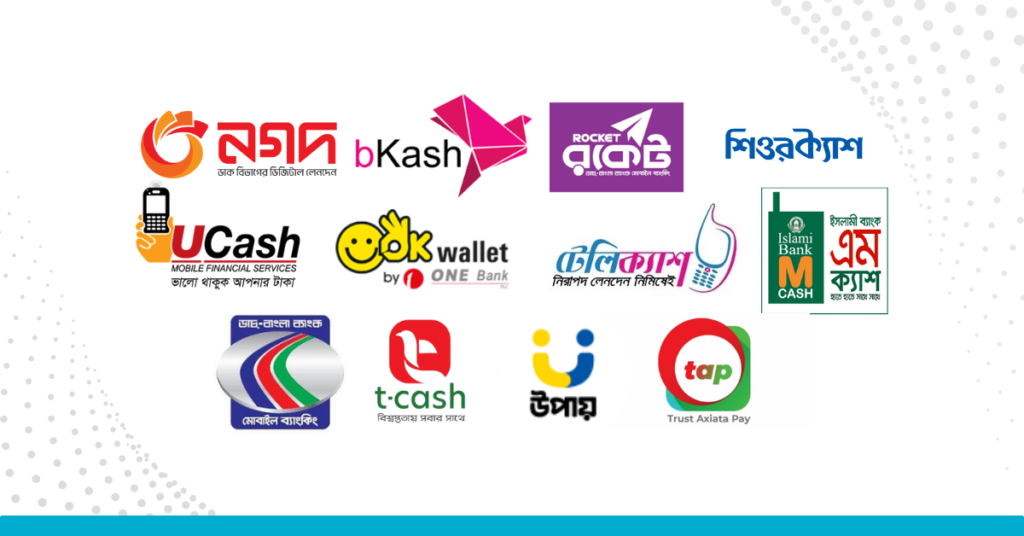In the last five years leading up to December 2023, Bangladesh has witnessed a remarkable fourfold increase in transactions through mobile financial services (MFS), reaching over Tk 4,100 crore. Data from the Bangladesh Bank (BB) reveals that the daily average transaction on digital platforms was Tk 1,070 crore in December 2018, emphasizing a substantial surge over time.
The growing popularity of MFS can be attributed to its versatility, providing users with the convenience of activities such as money transfer, talktime purchase, utility bill payments, and online/offline purchases at their fingertips. As of December 2023, overall MFS transactions experienced a year-on-year increase of 30 percent, totaling Tk 124,548 crore.
During the same period, cash-in and cash-out transactions grew by 29 percent and 31 percent year-on-year, respectively. The head of corporate communications and public relations at bKash Ltd, the largest MFS provider in Bangladesh, Shamsuddin Haider Dalim, credits the significant growth to the convenience of digital transactions, noting a substantial increase in cashless spending by customers over the past few years.
December, falling within the holiday season, sees heightened spending due to festivals, special days, and increased social gatherings. Additionally, expatriates contribute to the surge in remittance through MFS channels during the year-end. The government’s use of MFS for social protection schemes also saw a substantial increase in December 2023.
MFS has evolved beyond a mere money transfer tool, offering a platform for various financial services catering to daily needs. Merchant payments through MFS experienced a 53 percent year-on-year increase to Tk 5,518 crore by the end of December 2023. Remittance sent through MFS also grew by 51 percent year-on-year to Tk 586 crore.
Muhammad Zahidul Islam, vice-president and head of media and communications at Nagad Ltd, a major MFS operator, emphasizes that MFS now provides a range of financial services, from mobile recharge to utility bill payments and shopping, making it a convenient, secure, and affordable option for users.
In December 2023, MFS operators recorded a 49 percent year-on-year spike in the payment of utility bills, amounting to Tk 2,903 crore. Person-to-person money transfers surged by 25 percent year-on-year to Tk 34,277 crore in the same month. Despite the lowest growth among major services, salary disbursement through MFS platforms also increased.
With over 22 crore MFS accounts in the country, more than half are held by individuals in rural areas, according to BB data. The sector remains positive about future growth, and the increasing convenience of digital transactions, exacerbated by the COVID-19 pandemic, is seen as a pivotal factor.
However, challenges persist, including a lack of awareness about the benefits of digital transactions, concerns about fraud, and the enduring preference for paper documentation. Transaction costs are also cited as a hindrance, with users aiming to minimize service charges. The emergence of digital banks, permitted by the central bank, poses a potential challenge to existing MFS providers, particularly if they offer lower transaction fees.
The robust growth of MFS in Bangladesh reflects changing consumer preferences and an increasing reliance on digital financial services. The sector’s evolution beyond basic money transfers to a comprehensive platform for various financial needs signals a positive trajectory, though challenges such as awareness, security concerns, and transaction costs need addressing for sustained growth.


